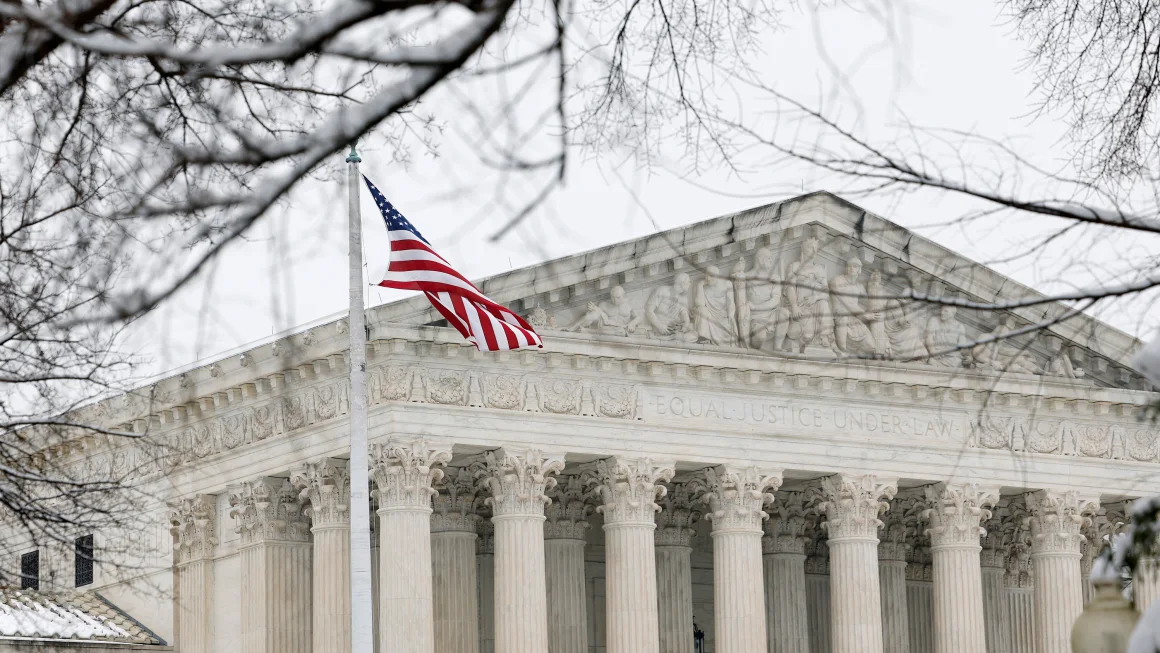您的购物车目前是空的!

Introduction: A Landmark Ruling on Flavored Vaping Products
The vape industry has faced significant regulatory challenges in recent years, particularly regarding fruit-flavored vape products and their appeal to underage users. In a pivotal decision, the U.S. Supreme Court has upheld the Food and Drug Administration (FDA)’s authority to deny marketing applications for flavored e-cigarettes, dealing a blow to manufacturers while being hailed as a victory for public health advocates.
This ruling reinforces the FDA’s stance that sweet-flavored vapor products—such as “Pink Lemonade,” “Rainbow Road,” and “Jimmy’s Peach Strawberry Juice”—are primarily marketed toward youth, contributing to a teen nicotine addiction crisis. However, the decision leaves room for vape companies to reapply for approval, and the political landscape could shift under future administrations.
In this 1,800+ word SEO-optimized article, we will analyze:
- The Supreme Court’s unanimous decision and its legal implications
- Why the FDA is targeting flavored vapes (especially fruit & dessert flavors)
- Industry backlash: Are e-cigarettes being unfairly restricted?
- What’s next for vape manufacturers, retailers, and consumers?
Supreme Court Backs FDA’s Rejection of Flavored Vapes
Key Details of the Ruling
- Unanimous Decision: Justice Samuel Alito wrote the opinion, stating that the FDA did not mislead companies about approval requirements.
- Case Remanded to Appeals Court: The Fifth Circuit Court must reconsider whether the FDA improperly dismissed marketing plans submitted by vape companies.
- Companies Can Reapply: Vape manufacturers retain the right to submit new applications, though approval remains uncertain.
FDA’s Argument: Protecting Youth from Nicotine Addiction
The FDA has long argued that fruit and candy-flavored e-cigarettes are designed to attract minors, citing data showing:
✔ 19% of high school students used vapes in 2020
✔ 4.7% of middle schoolers reported vaping
✔ Flavored products are the most popular among underage users
Yolonda Richardson, CEO of Campaign for Tobacco-Free Kids, praised the ruling:
“This is a major win for children’s health. The Court affirmed that the FDA’s rejections of flavored vapes are legally and scientifically justified.”
Vape Industry Response: “A Disappointing but Not Final Blow”
Industry Claims: Harm Reduction for Adult Smokers
E-cigarette companies argue that flavored vapes help adult smokers quit cigarettes and that:
✔ Sweet flavors (e.g., mango, strawberry) are preferred by former smokers
✔ Strict regulations could push users back to combustible tobacco
✔ FDA’s shifting standards made compliance nearly impossible
Eric Heyer, attorney for vape manufacturers, expressed disappointment but vowed to continue fighting:
“We still believe these products have enormous potential for harm reduction. The battle isn’t over.”
Legal Loopholes & Future Strategies
- Reapplying Under New Guidelines: Some companies are already submitting modified applications.
- Fifth Circuit Appeal: The case could return to the Supreme Court in 2025.
- Political Influence: A future administration (e.g., under Trump) could relax enforcement.
What’s Next for the Vape Market?
Immediate Impact on Businesses
- Flavored Vape Bans Will Expand: More states may follow FDA guidelines.
- Increased Scrutiny on Disposable Vapes: Products like Elf Bar, Lost Mary could face seizures.
- Black Market Concerns: Stricter rules may fuel illicit sales.
Long-Term Industry Changes
✔ Shift Toward Tobacco & Menthol Flavors (still allowed by FDA)
✔ More Clinical Studies Required to prove vaping helps smokers quit
✔ Possible Federal Flavor Ban if youth usage doesn’t decline
Conclusion: A Turning Point for Vaping Regulation
The Supreme Court’s decision solidifies the FDA’s authority to restrict flavored e-cigarettes, but the fight is far from over. While public health groups celebrate, the vape industry will continue challenging regulations in court and through reapplications.
For vape retailers and consumers, this means:
- Fewer fruit/dessert-flavored options in legal markets
- Stricter ID checks & compliance demands
- Potential price increases due to regulatory costs
The future of vaping hinges on the 2024 election, ongoing litigation, and whether the FDA maintains its hardline stance.
Latest Posts
- The Truth About Vaping: Health Risks of E-Cigarettes and Fruit Flavored Vape Products

- Russia’s New Vape Retail Licensing System: What It Means for the Global E-Cigarette Industry

- U.S. Supreme Court Upholds FDA’s Ban on Flavored Vapes: What It Means for the E-Cigarette Industry

- Vaping in Classrooms: UK Teachers Report Growing Epidemic Among Schoolchildren

- UK Authorities Seize £26,000 in Illegal Vapes & Tobacco: Crackdown Intensifies on Unregulated E-Cigarette Trade


